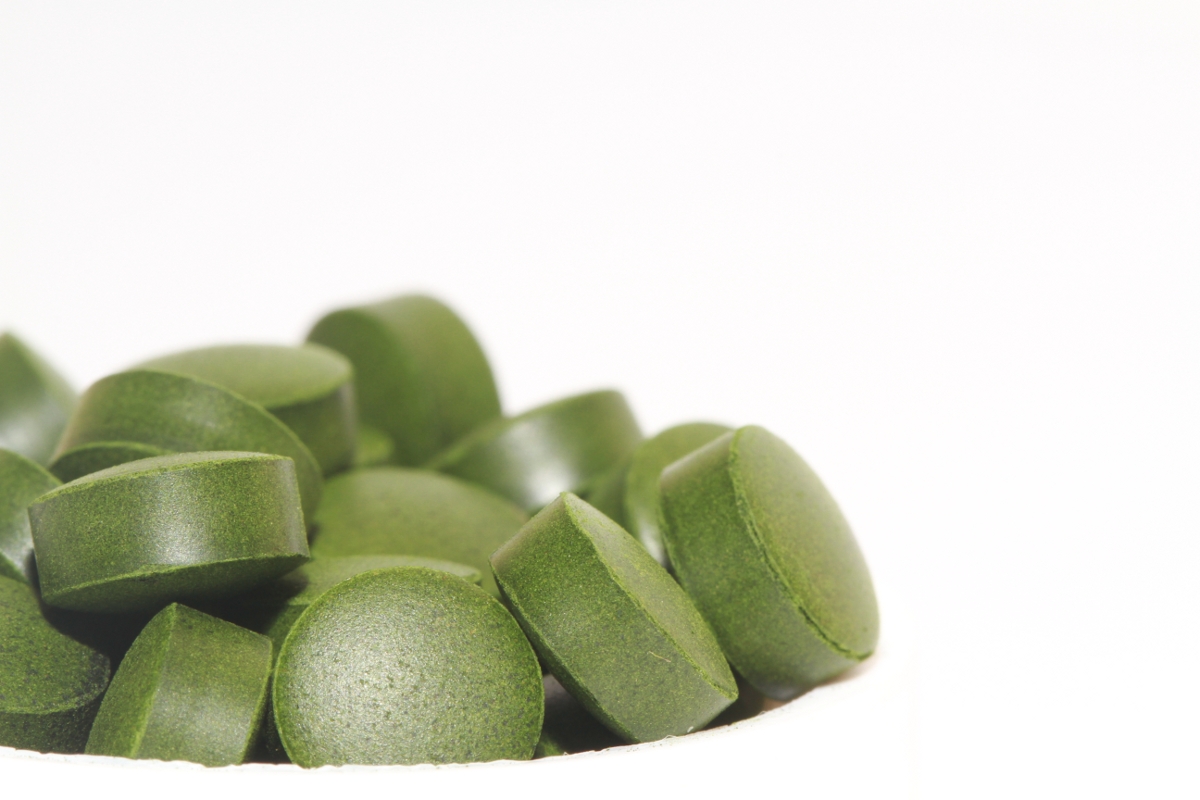
SUNDAY, March 25 (HealthDay News) — Want a healthy snack? Consider passing the popcorn. A new study says the whole-grain treat contains more of the “good for you” antioxidants called polyphenols than some fruits or vegetables.
The amount of polyphenols in popcorn was up to 300 milligrams (mg) per serving compared with 114 mg per serving of sweet corn and 160 mg per serving for all fruits, according to study findings to be presented Sunday at a meeting of the American Chemical Society in San Diego. This is because polyphenols are diluted in the 90 percent water that makes up many fruits and vegetables, whereas they are more concentrated in popcorn, which averages only about 4 percent water, the study authors said.
In the average U.S. diet, fruits provide 255 mg of polyphenols per day and vegetables provide 218 mg per day. One serving of popcorn would provide 13 percent of the average daily intake of polyphenols per person in the United States, the Pennsylvania researchers said in a society news release.
The levels of polyphenols in popcorn reported in this study were higher than previously believed. The levels were similar to those found in nuts and 15 times the levels found in whole-grain tortilla chips, the researchers said.
The investigators also found that the hulls of popcorn — the bits that tend to get caught in the teeth — have the highest concentrations of polyphenols and fiber.
“Those hulls deserve more respect,” study author Joe Vinson, of the University of Scranton, said in the news release.
However, Vinson warned, adding butter, salt and other calorie-laden flavorings can turn this snack into a bucketful of trouble.
“Air-popped popcorn has the lowest number of calories, of course,” Vinson said. “Microwave popcorn has twice as many calories as air-popped, and if you pop your own with oil, this has twice as many calories as air-popped popcorn. About 43 percent of microwave popcorn is fat, compared to 28 percent if you pop the corn in oil yourself.”
Vinson also added that eating popcorn shouldn’t be an excuse to skip the fresh fruits and vegetables. Popcorn lacks the vitamins and other nutrients found in fruits and vegetables that are essential for good health.
Popcorn is the “only snack that is 100 percent unprocessed whole grain. All other grains are processed and diluted with other ingredients, and although cereals are called ‘whole grain,’ this simply means that over 51 percent of the weight of the product is whole grain,” Vinson said.
“One serving of popcorn will provide more than 70 percent of the daily intake of whole grain. The average person only gets about half a serving of whole grains a day, and popcorn could fill that gap in a very pleasant way,” he noted.
The study was funded by the university and received no money from the food industry. The data and conclusions of research presented at medical meetings should be viewed as preliminary until published in a peer-reviewed journal.
More information
The Harvard School of Public Health has more about antioxidants.

